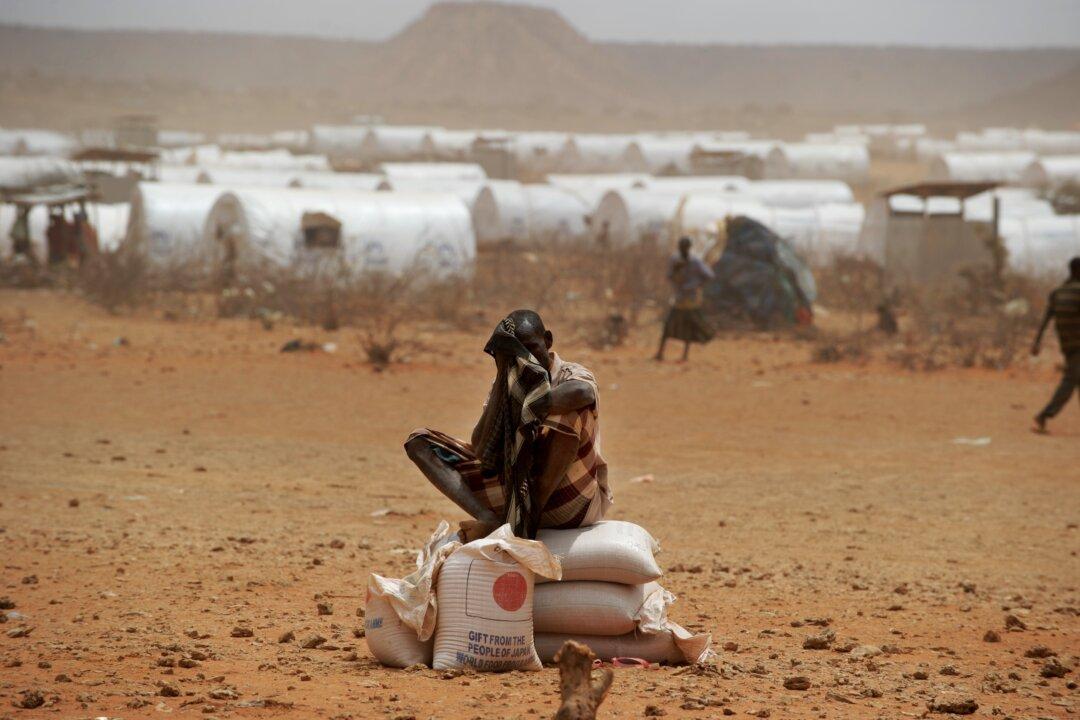Only a “small proportion” of federal funds allocated to a foreign aid organization aimed at eradicating global hunger was directed toward “critical nutrition needs,” according to auditors’ findings for Global Affairs Canada (GAC).
The report, which evaluated the grant agreement between GAC and the Canadian Foodgrains Bank Program (CFGB), says of the $125 million provided from 2016 to 2021, little was used to fund the immediate nutritional needs of hunger-affected individuals in developing countries the charity is helping.





